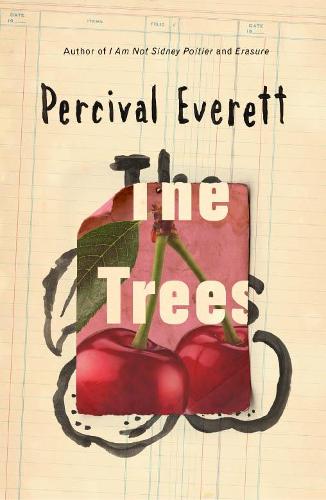My pick for the Booker Prize (Glory by NoViolet Bulawayo) did not win, sadly, but congratulations to Shehan Karunatilaka whose novel The Seven Moons of Maali Almeida, came out top. It is the one book on the shortlist I have not yet read. I started it, but I have to confess that I found it a bit hard-going so I set it to one side. I will now come back to it with different eyes! That’s the trouble with being a literary blogger or reviewer – when you know that a book is a prize-winner, when everyone else thinks it’s amazing, it becomes a bit embarrassing to disagree! Oh well, I’ll go back to it and try a bit harder.
This is my fifth review of the shortlisted books and another of those that I did not manage to finish before last Monday. At only 160 pages in length, it is a short book and is arranged over eighteen chapters. I think it has the fewest words of any book on the shortlist. Like Claire Keegan’s Small Things Like These (the book on the shortlist with the fewest pages) it is not a ‘fast’ read, however, but nor is it a novella, like Keegan’s book. It is something altogether different that defies pigeon-holing. I’m not even sure what genre to put it in – fantasy, myth, science fiction? It also has elements more akin to children’s fiction.
I read this book in a couple of sittings (the best, perhaps only, way to tackle this kind of short book) and came away thinking, what on earth was that all about. There are three characters, Joe Coppock, Treacle Walker and Thin Amren. Joe is a boy who seems to be poorly. He has an eye problem, a ‘lazy’ eye, and wears a patch. He has periods of impaired vision, but this is presented almost as a superpower – he sees things in ways that other people can’t. Like many people who experience childhood illness, Joe seems quite isolated – there are no parents around – and pyjamas and comics seem to feature quite heavily in his life. He has a profound sense of the passage of time, which he measures by the passing of ‘Noony’ a train, at midday each day.
Treacle Walker appears outside Joe’s home one day. He is a ‘rag and bone man’, a concept which only some of us will be familiar with. Rag and bone men would roam the streets (in the case of my childhood, this was always on a Sunday) on a horse and cart, gathering items people no longer wanted. They would often give a small item in exchange for donations. Joe makes a trade with the old man, swapping some old pyjamas and a piece of lamb’s bone (from his collection of treasures) for a stone and an old jar of some sort of potion (equating the old man also with the notion of the travelling apothecary or healer). From these early chapters, and because of the strong dialect both characters use, I thought this book was set in the 19th century, but later Joe visits an optometrist and by the methods used (the letter chart and the ocular apparatus) it is clear that it is at least post-war.
The third character is Thin Amren, a semi-human swamp man who wears nothing but a leather hood and who, it seems, must be kept in the swamp or else he might inflict damage on the world (this could be a comment on current geopolitical events!) It seems that Joe has some sort of power to do this, revealed to him by Treacle Walker, with whom he has quite an ambivalent relationship.

This could be one of the weirdest books I have read for a long time and after reading it, one of my first thoughts was ‘how on earth am I going to review this book?’ I haven’t read any of Alan Garner’s other work, but I know of him because he is closely connected with Alderley Edge, a place I have visited often. The town has become sadly synonymous with footballers and their wives, fast cars and bling, which is a shame because The Edge itself (where I go to walk), now in the care of the National Trust, is a spectacular geological feature on the Chesire landscape, infused with local legend, made famous in part by Garner’s work. Much of his work has used Cheshire myth and legend as its subject matter.
I read a detailed piece of literary criticism on the book by the late Maureen Kincaid Speller (clearly a fan of Garner) on the Strange Horizons blogsite. In her piece she draws many of the literary allusions and self-referential features of the book. This provided me with an insight, but I doubt there are many people (outside of Garner’s fan base) who would be aware of these, which makes it a difficult ‘sell’ as a book. I picked up some of the references: Macclesfield (not far from Alderley Edge) is known as ‘Treacletown’ owing to the legend that a cart full of treacle turned over and spilled out, smothering the cobbled streets. It is a very ‘Cheshire’ novel in that respect. There is also the white horse, central to the legend of the Alderley Edge wizard – the stone that Joe received from Treacle Walker has a white horse on it and when the stone is rubbed on the doorstep it turns that place into a kind of entry way to a parallel universe. It reminded me a bit of the wonderful Stranger Things series, that recent television sensation – there is a kind of ‘upside down’ here that is the realm that Thin Amren occupies.
If you are already a fan of Garner, you will no doubt enjoy this book, with its connections to his other works, but if you are not familiar with his literary world this will be a very difficult book to penetrate and enjoy.





